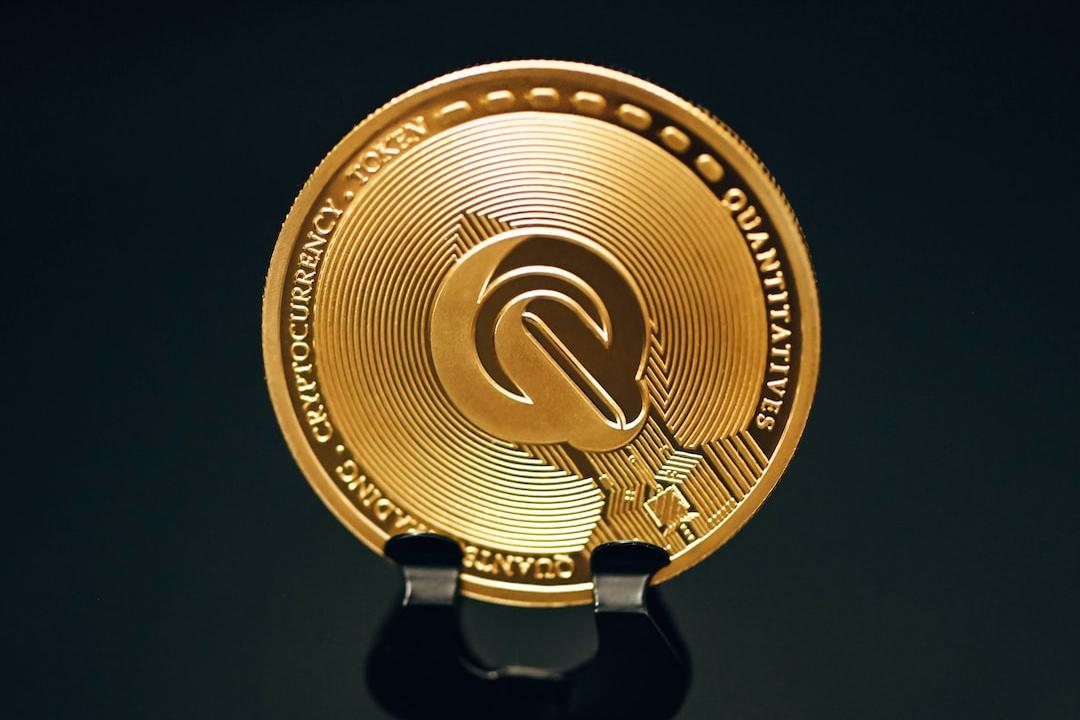The Pi Network app has surpassed 10 million users who have completed the Know Your Customer (KYC) process to verify their identities, according to an announcement on April 16. The Pi team has outlined a series of milestones that need to be reached before they can launch a mainnet and make their tokens tradeable. One of these milestones is to have 15 million users pass KYC, which will be achieved once another five million users complete verification.
Despite this achievement, business analytics platform AIMultiple has raised concerns about the value that Pi brings to its users. They argue that since Pi coins cannot currently be exchanged for fiat currency on exchanges, it may not hold much value for users. Pi Network was initially launched as a centralized app in 2019, where users can generate Pi tokens by simply pushing a button within the app. However, these tokens cannot be transferred to other users through a wallet at this time.
According to the announcement, the app’s native identity verification solution, Pi KYC, has been used by 10 million users, referred to as “Pioneers,” to complete identity verification. This solution combines machine automation and crowdsourced, hyperlocal human verification to ensure secure and accurate KYC.
Nicolas Kokkalis, co-founder and head of technology for Pi, believes that this achievement proves that the industry doesn’t need to rely on fiat services to succeed. He also states that the new KYC system will enable other Web3 services to meet their identity verification needs through Pi.
The team plans to launch an “Open Network” or mainnet in 2024 if specific conditions are met, including the development of 100 Pi apps and 15 million users passing KYC. The team must also complete all necessary work in technology, product, business, and legal aspects and ensure that there are no unfavorable external factors that could hinder the success of the network. However, a specific launch date for the mainnet has not yet been announced.
AIMultiple analyst Cem Dilmegani has expressed skepticism about the benefits of Pi Network for users, suggesting that only the founders will benefit significantly. He argues that the app operates like a direct selling or affiliate marketing system, where users are promised future rewards for bringing in new users. According to Dilmegani, the affiliate marketing system is used to drive traffic to the app, which is then monetized through advertising for the benefit of the developer. Dilmegani also suggests that launching a blockchain mainnet could devalue the token and potentially eliminate the app’s value to advertisers.
Cointelegraph reached out to the Pi team for comment, and a representative acknowledged that Pi has taken an unconventional approach to blockchain development. Instead of launching an open network immediately, they have opted for an intermediate Enclosed Network period of the mainnet. This approach allows for the development of utilities on the platform and the processing of KYC for millions of community members, ultimately building a robust network for the benefit of the entire community.
Despite some concerns and controversies, Pi Network has achieved several goals since its launch, including the creation of various apps and platforms like Pi mining mobile app, Pi Browser mobile app, Node application, Testnet and Mainnet blockchains, Wallet, developer platform, and a novel KYC solution. The representative believes that not launching an open network right away was necessary for a healthy and successful launch in the future.
Pi Network has gained popularity in Vietnam, ranking as the 22nd most downloaded iOS app in the country. However, in May 2021, there were reports of Pi inadvertently leaking images of users’ identity cards to a hacker. Pi Network has denied these claims, stating that they handle KYC through a third-party and do not store this data on their servers, and there is no evidence of a data leak. The Vietnamese government has also issued warnings about the risks of crypto trading as Pi gains traction in the country.

